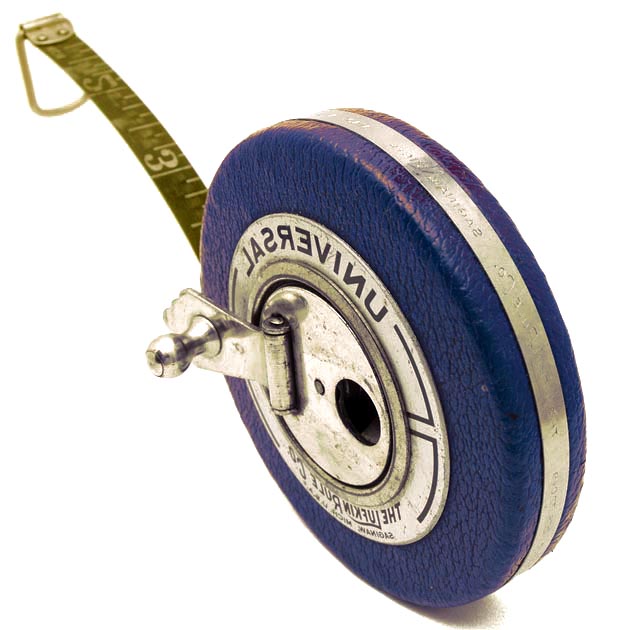Leasehold Extension Valuation Details
Overview Pros and Cons Qualification Valuation Procedure Alternatives Services & Costs
Factors Affecting Lease Extension Valuation
- Pro-Leagle takes all of these factors into account when assessing the value of a Lease Extension. We reply upon lease documents, District Land Registry data and relevant decisions of the First-tier Tribunal (Property Chamber) and higher courts.
- You can purchase a Pro-Leagle valuation online.
The Ground Rent
- Ground rent is rent paid by the leaseholder to the freeholder under the terms of the lease. It is generally a relatively small amount (£100 to £500 a year).
- After statutory lease extension, peppercorn (£0.01 per annum) ground rent should be payable. This essentially means that the lease will become rent free. The leaseholder must therefore compensate the freeholder for loss of the ground rent they would have received if the lease had not been extended. In order to do this the future ground rent owed to the freeholder is amalgamated into a lump sum constituting part of the cost of the Lease Extension.
- In 70-80 years time, a ground rent payment of £100 will be worth much less in real terms due to general inflation. Future ground rent is hence discounted using a percentage value known as the 'Capitalisation Rate'. This rate is determined by the level of the rent due and the area in which the property is located.
- The Leasehold and Freehold Reform Bill proposes to cap ground rents at 0.1% freehold value at the point of valuation (hence £100 for a flat worth £100,000 with freehold-share). The Capitalisation Rate will also be fixed by subsequent regulations, and reviewed by the Secretary of State every ten years. It is currently unclear whether rate fixing will increase or decrease the cost of lease extension.
The Years Remaining on the Lease
- At the end of the lease, ownership of the property reverts to the freeholder. A statutory lease extension increases the existing lease by 90 years. The freeholder must be compensated for this delay in their possession of the property. Compensation is determined by discounting the estimated value of the property with freehold-share using a percentage value known as the 'Deferment Rate', determined by legal case precedents.
- The Leasehold and Freehold Reform Bill proposes to increase the existing lease by 990 years, and to fix the Deferment Rate by subsequent regulations. The rate will be reviewed by the Secretary of State every ten years. It is currently unclear whether rate fixing will increase or decrease the cost of lease extension.
- If the lease has only a few years remaining, the value of the reversion will be higher. This is because the freeholder expects to receive the property in the near future and must hence be compensated at a higher level for its loss.
- Banks and Building Societies may not provide mortgages on properties with leases of less than 70 years. This is because the value of the Freehold Reversion increases substantially with time and the property is less of a secure asset for the banks to loan against.
The Value of the Property
Generally, the more valuable a property, the more a lease extension will be worth.
Assessing Property Value
- A valuer may need to consider several different, potential valuations:
- The market value with current lease.
- The 'no-Act' world value: because of a legal technicality, properties must be valued as if the right to a lease extension - - provided by the Leasehold Reform Housing and Urban Development Act 1993 (LRHUDA 1993) - does not exist. It would be more difficult to sell properties with shorter leases (generally less than 70 years) without this right. Hence, such properties must be discounted for the purposes of lease-extension valuation.
- The market value with extended lease.
- The market value with share-of-freehold.
- When estimating these values a valuer should consider local market data, and where this is insufficient, published graphs of values from historical, negotiated settlements.
- Values determined by previous Tribunal decisions are not normally considered evidential. The Lands Tribunal has indicated that market evidence, agreements and actual analysis are always preferable.
'Marriage Value'
- Once the lease has less than 80 years remaining, legislation stipulates that the increase in the value of the property caused by extending the lease must be shared 50:50 with the current freehold owner. This additional charge is known as 'Marriage Value' and can add significantly to the cost of lease extension.
- The relevant increase in property value is determined by 'Relativity' - the 'no-Act' world value of the property as a percentage of the market value with share-of-freehold.
- The Leasehold and Freehold Reform Bill proposes to abolish Marriage Value entirely.
Property Improvements
- Leaseholders can argue that improvements they have made to their properties should be discounted from the property value when calculating the cost of lease extension.
- For example, amounts spent on the addition of a new en-suite bathroom, re-configuration of internal layout to add an extra bedroom or installation of double glazing where it was not present previously may be argued for. Repairs, or like-for-like replacement of existing features, are unlikely to be considered.
The Location of the Property
Lease extensions are generally more expensive in more sought-after areas.
- The location of the property affects the Capitalisation Rate, Deferment Rate and Relativity. Properties considered to be in 'Prime Central' London will be the most significantly affected. The boundaries of 'Prime Central' London are, however, somewhat subject to debate.
- The Leasehold and Freehold Reform Bill intends to remove such variables from the calculation.
If you think the price of a lease extension may not be right, and you're unsure about commissioning a Pro-Leagle valuation, then check out our Ballpark Lease Extension Calculator intended to give you a very rough idea of how much a lease extension will cost.